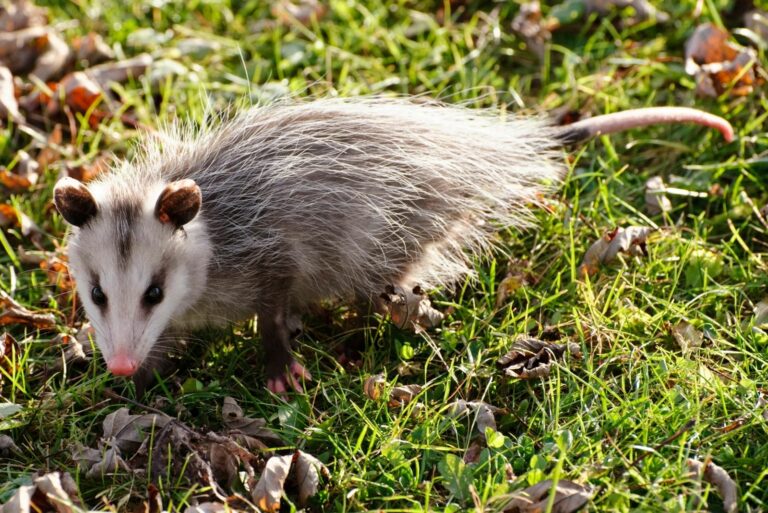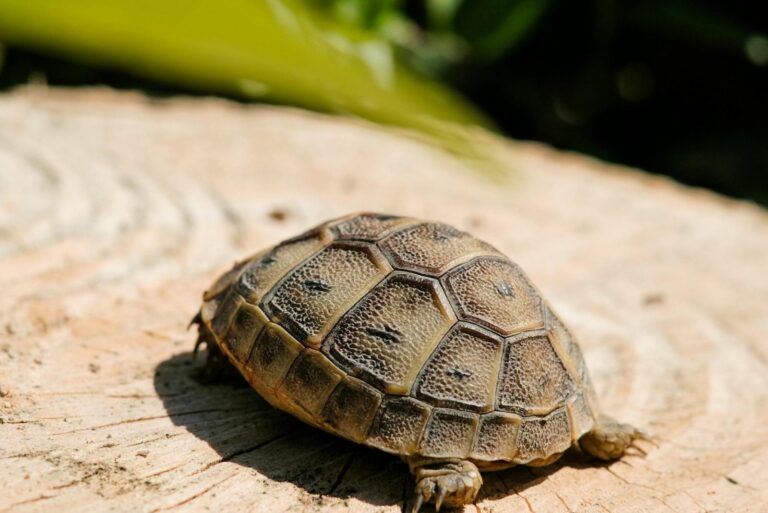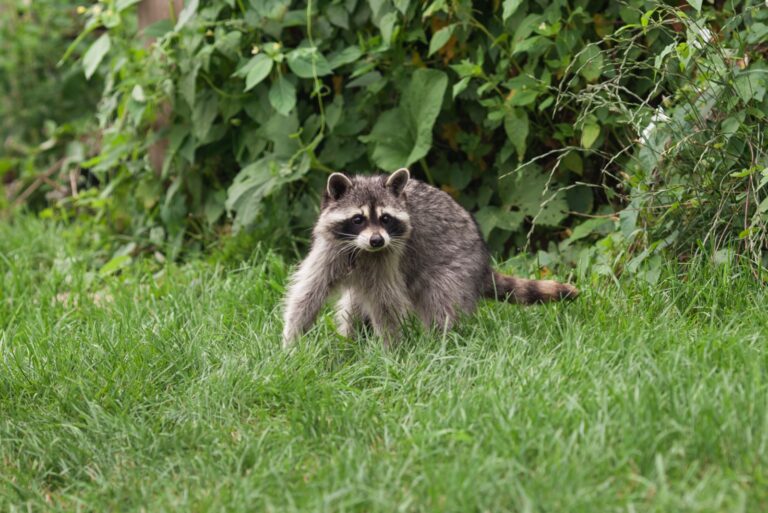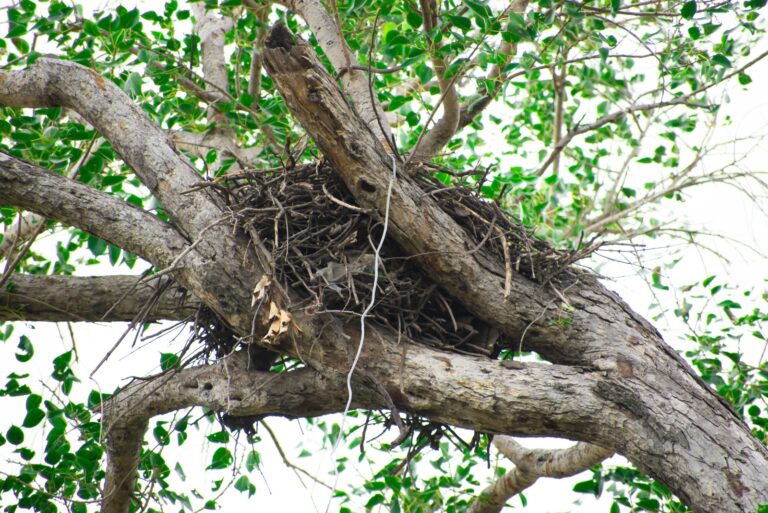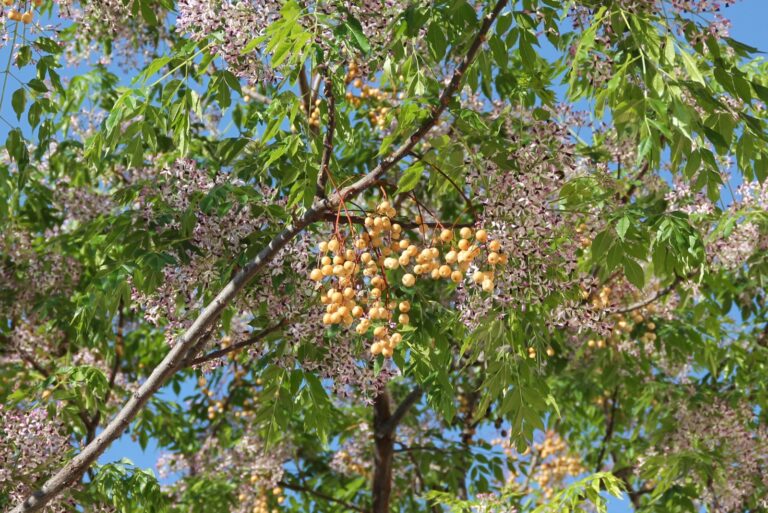7 Reasons Connecticut Homeowners Should Think Twice Before Removing Possums
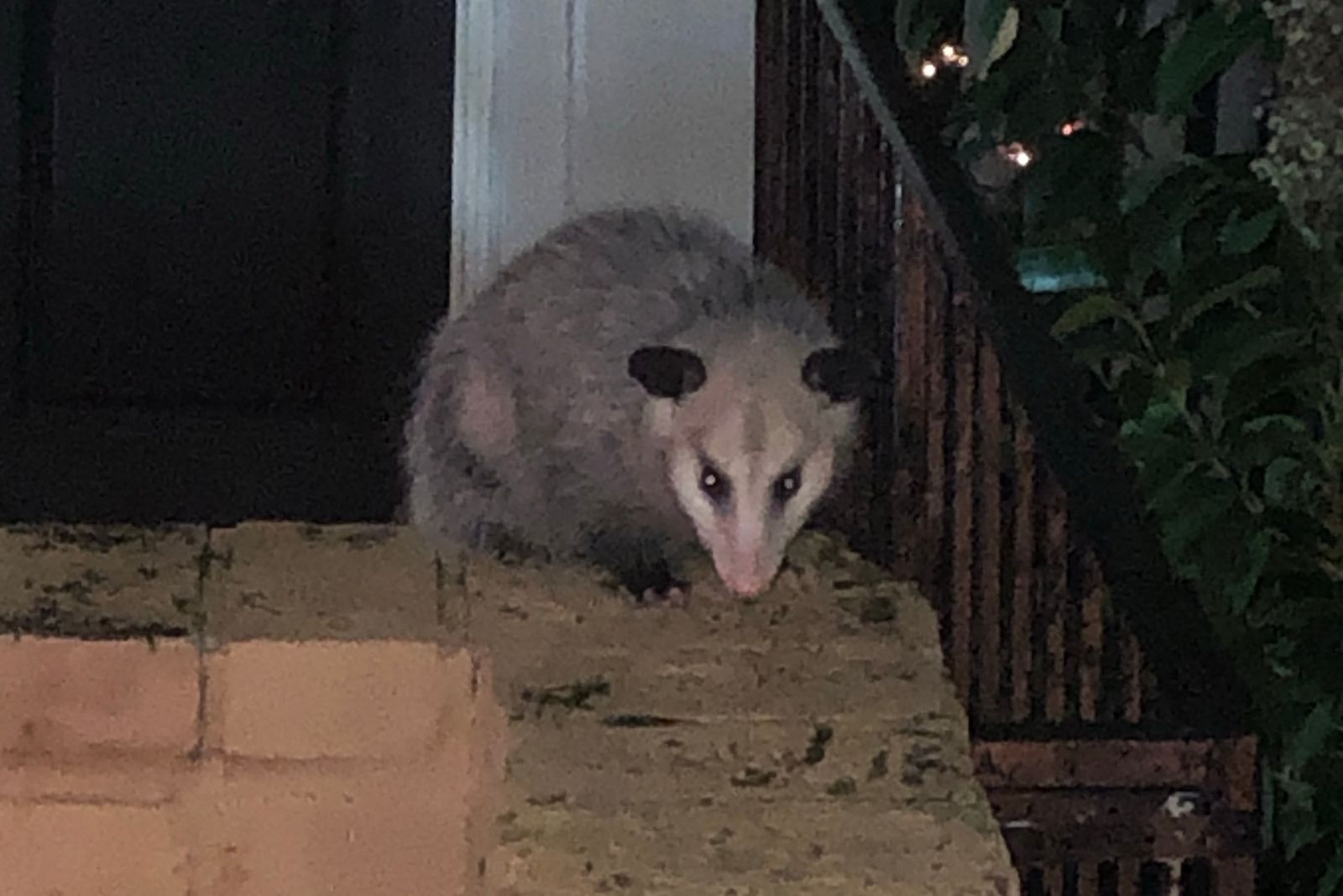
If you live in Connecticut, chances are you’ve spotted a possum wandering through your backyard at dusk. Many homeowners see them as pests and immediately think about removal.
But before you make that call, consider how these misunderstood marsupials might actually be helping your garden thrive in ways you never imagined.
1. Natural Pest Control Champions
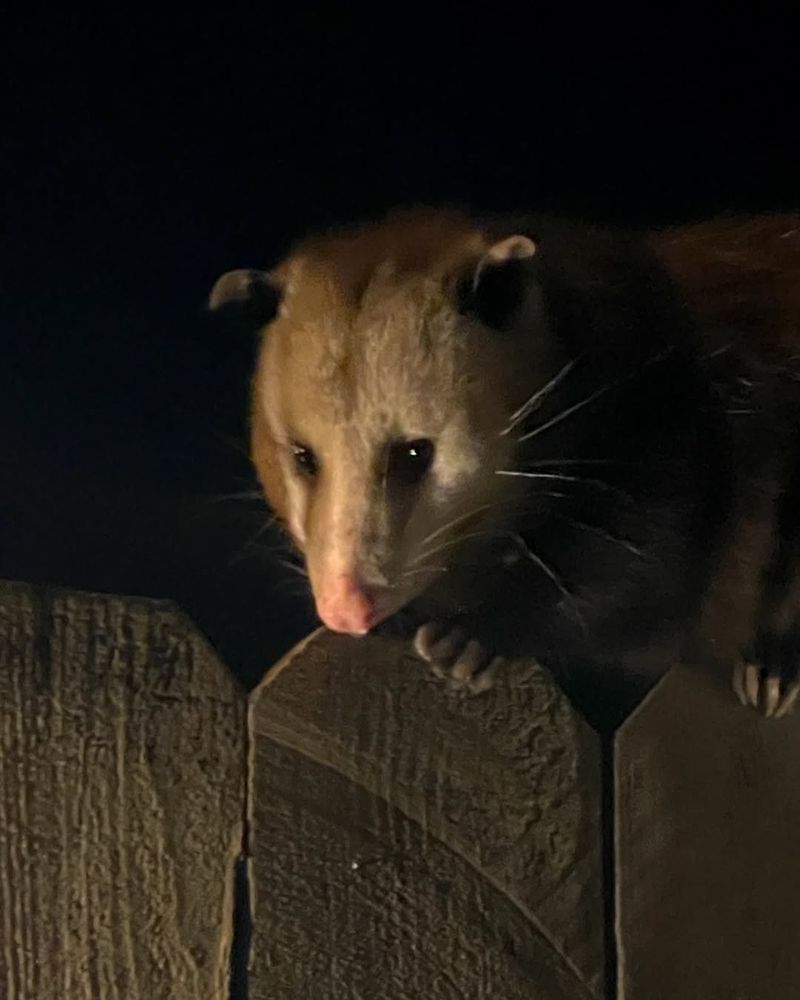
Ticks are a serious problem across Connecticut, carrying Lyme disease and other illnesses that affect thousands of residents yearly. A single possum can eat up to 5,000 ticks in one season, making them incredible allies in keeping your yard safer for kids and pets.
In my yard, I once noticed how quickly the slug problem disappeared after a possum family moved into the area. They devour garden pests like beetles, snails, and even cockroaches without harming your plants.
This natural pest management means fewer chemicals needed in your garden.
2. They Won’t Destroy Your Garden Beds
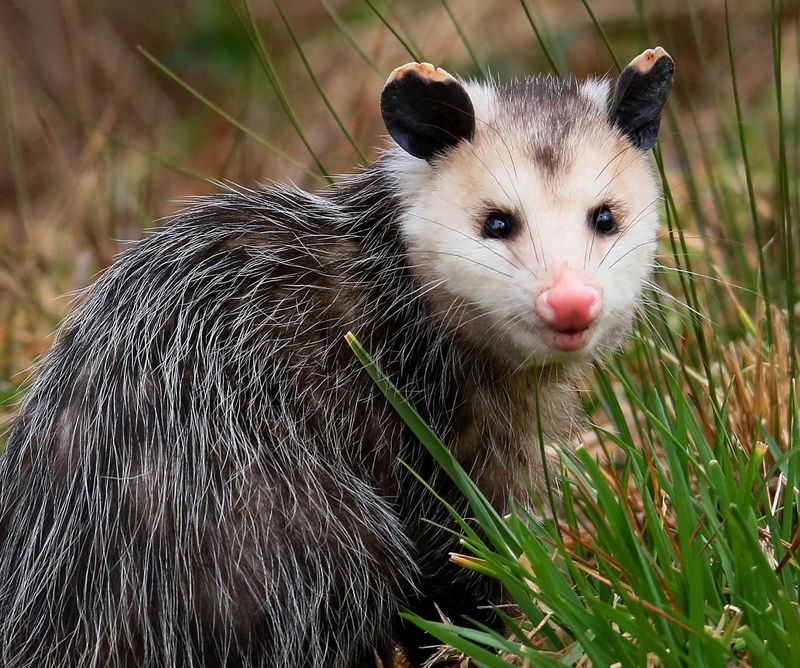
Unlike raccoons or groundhogs that dig up bulbs and munch on vegetables, possums rarely cause damage to cultivated plants. Their diet consists mainly of insects, fallen fruit, and small pests rather than your prized tomatoes or flower beds.
For me, learning this changed how I see these nighttime visitors. They’re actually cleaning up overripe fruit that would otherwise attract flies and wasps, keeping your garden space tidier.
Connecticut gardens benefit from this cleanup crew that works while you sleep, removing potential rot and decay naturally.
3. Immune To Most Snake Venom
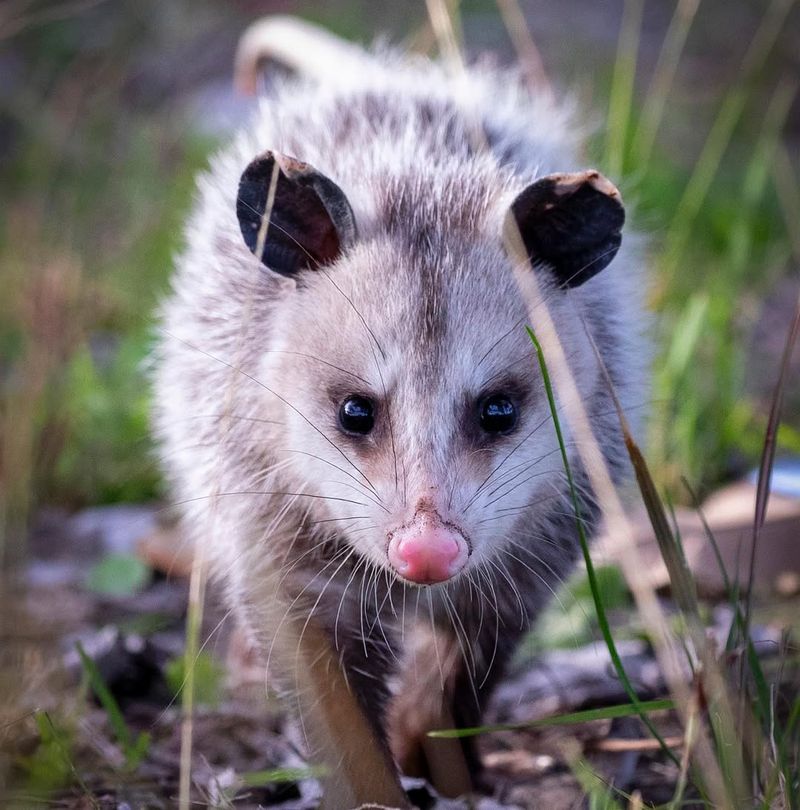
Connecticut has venomous copperheads in some regions, and possums play a surprising role in controlling snake populations. Their natural immunity to many snake venoms allows them to prey on young snakes without risk, helping keep numbers balanced in residential areas.
When possums patrol your property, they’re actually creating a less hospitable environment for snakes to settle. This happens because they compete for the same food sources and occupy similar spaces.
Fewer snakes mean safer outdoor activities for your family throughout warmer months.
4. Carrion Cleanup Crew
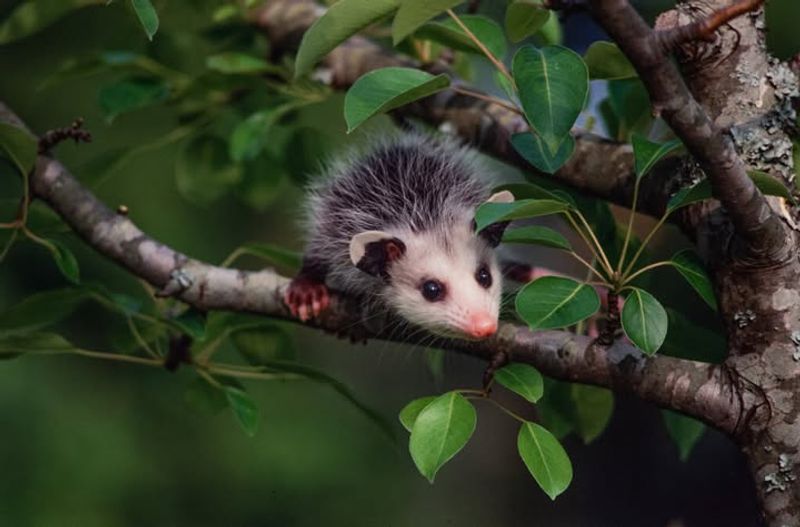
Nobody wants to deal with dead animals in their yard, but possums handle this unpleasant task naturally. They consume carrion, which prevents the spread of disease and eliminates foul odors that would otherwise linger for weeks.
Connecticut’s changing seasons mean wildlife deaths occur regularly, especially during harsh winters or busy roadways nearby. Having possums around means nature’s cleanup happens faster and more hygienically than waiting for decomposition.
This scavenging behavior also reduces fly populations and other insects attracted to decay, keeping your outdoor space more pleasant.
5. Low Rabies Risk Compared To Other Wildlife
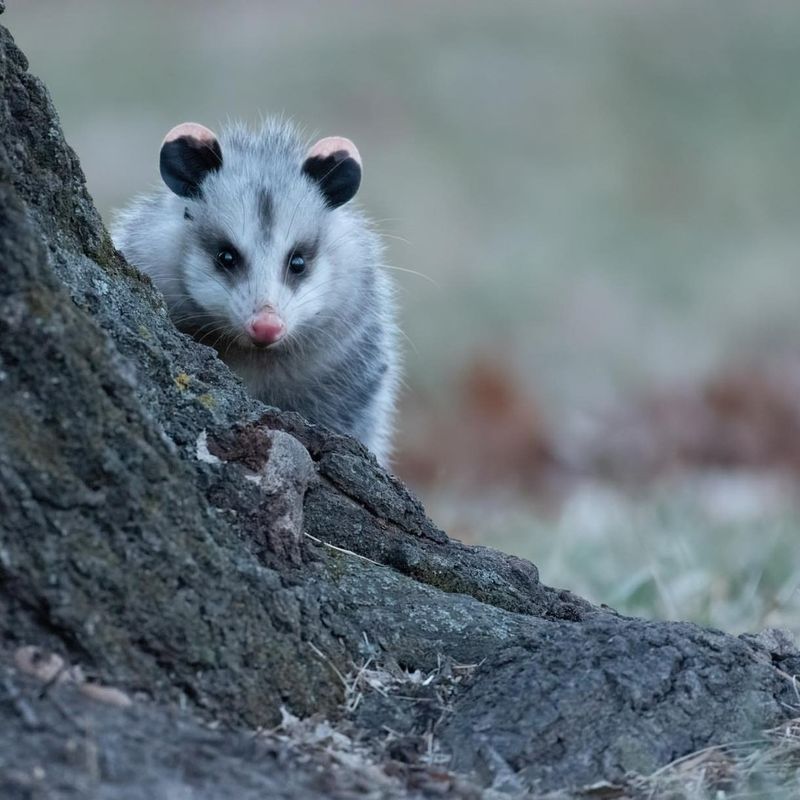
Many Connecticut homeowners worry about rabies when they see wildlife, but possums have an incredibly low body temperature that makes rabies virus survival nearly impossible. This sets them apart from raccoons, skunks, and bats that commonly carry the disease.
Seeing one near your home actually poses far less health risk than most people assume. Their presence doesn’t require the same level of concern as other nocturnal visitors that frequently test positive for rabies.
This makes them one of the safest wild animals to coexist with in suburban neighborhoods.
6. They Help Balance Soil Ecosystems
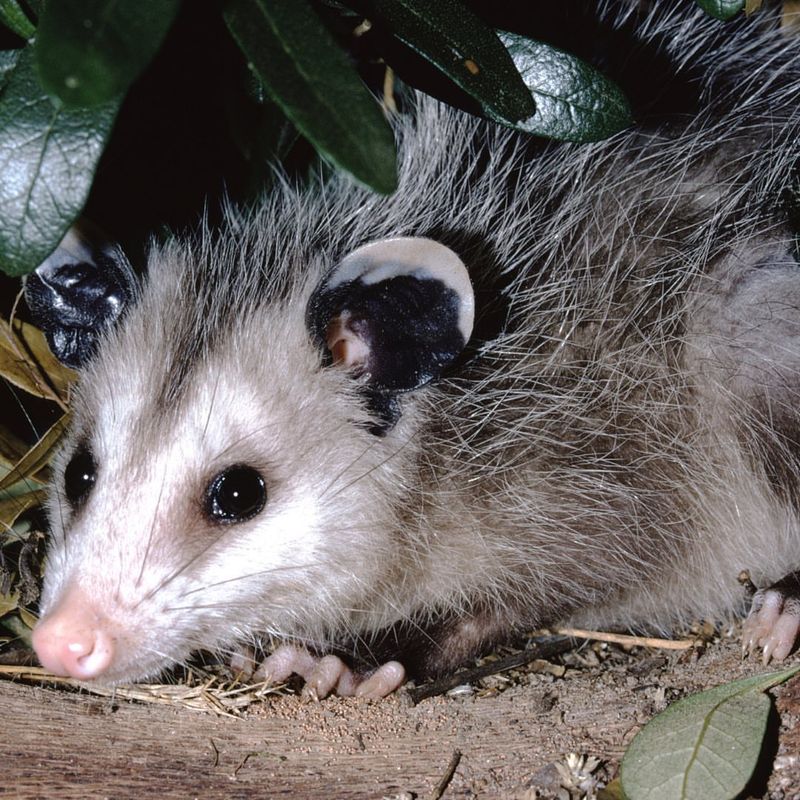
When possums dig through leaf litter searching for insects and grubs, they’re actually aerating the top layer of soil in your garden beds. This natural tilling improves drainage and helps organic matter break down faster, enriching the soil without any effort from you.
Connecticut’s clay-heavy soils in many areas benefit greatly from this gentle disturbance. The process encourages earthworm activity and microbial growth that plants need for healthy root development.
Your garden becomes more productive over time with this free, natural soil improvement service happening regularly.
7. Temporary Visitors Who Move On Naturally
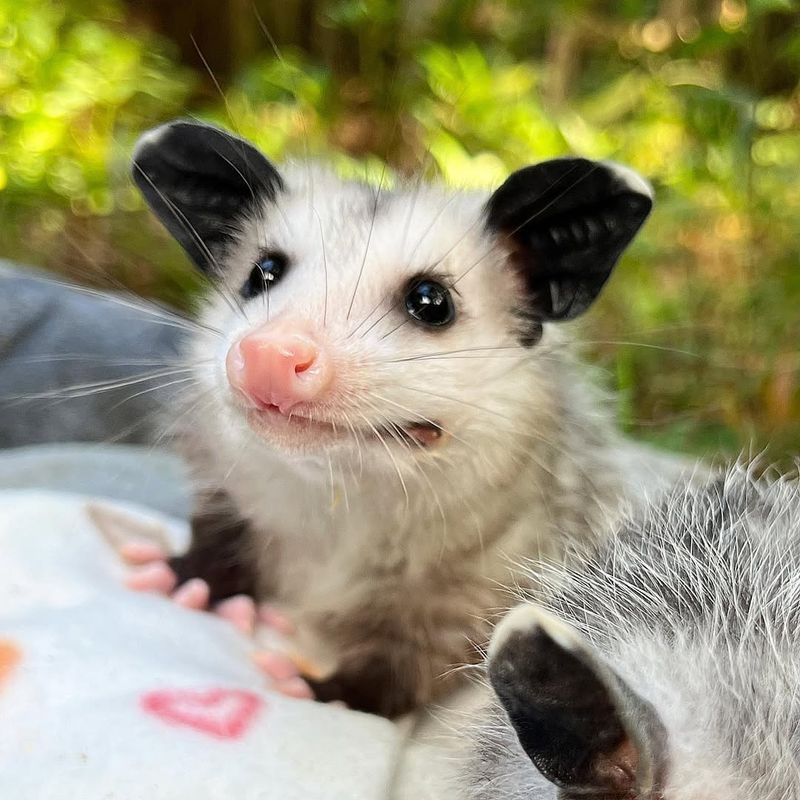
Possums are nomadic by nature and don’t establish permanent dens in one location like raccoons or squirrels. They typically move through an area for a few weeks before continuing their route, meaning any inconvenience is short-lived.
Connecticut homeowners often find that patience solves the issue without intervention. They’re not interested in taking up residence in your attic or causing long-term problems, just passing through while foraging.
Waiting them out is usually easier and cheaper than removal services, and you get the pest control benefits during their stay.

